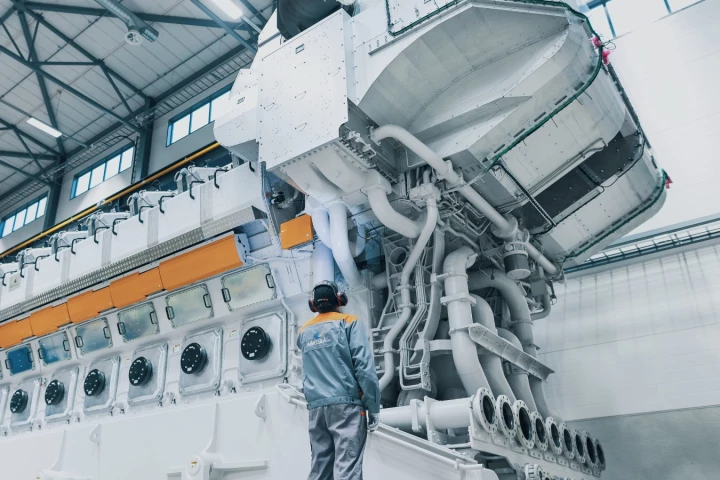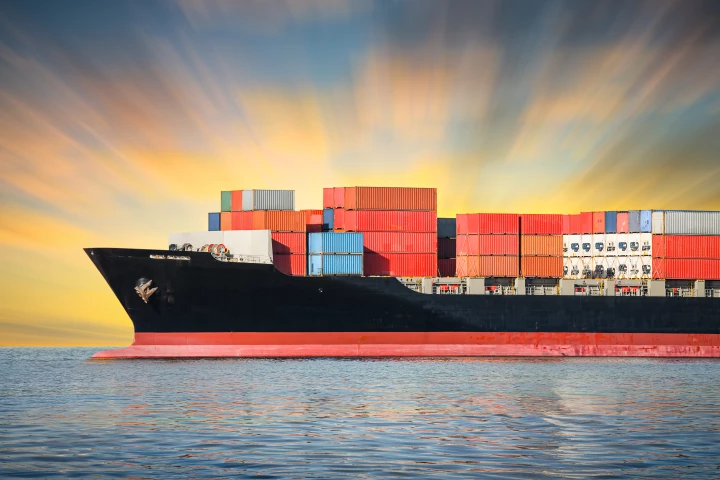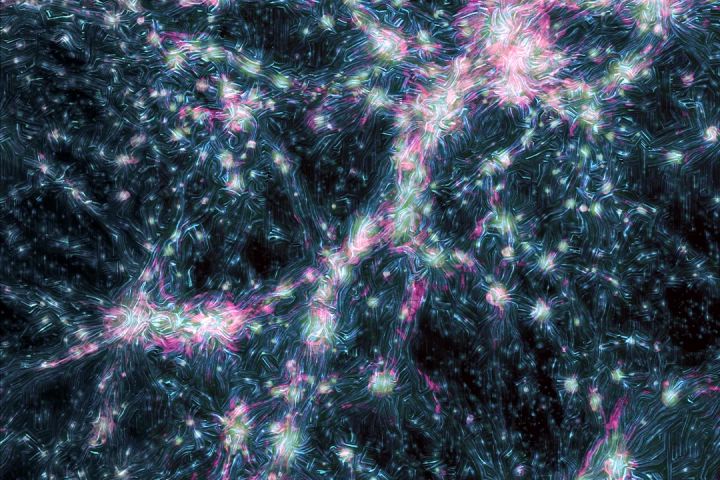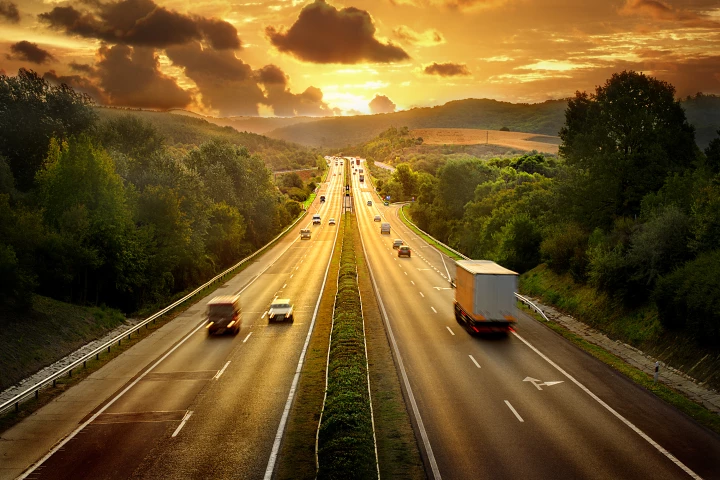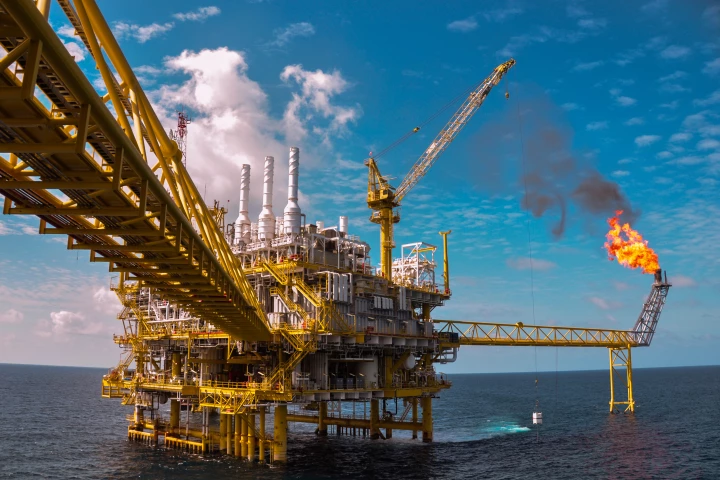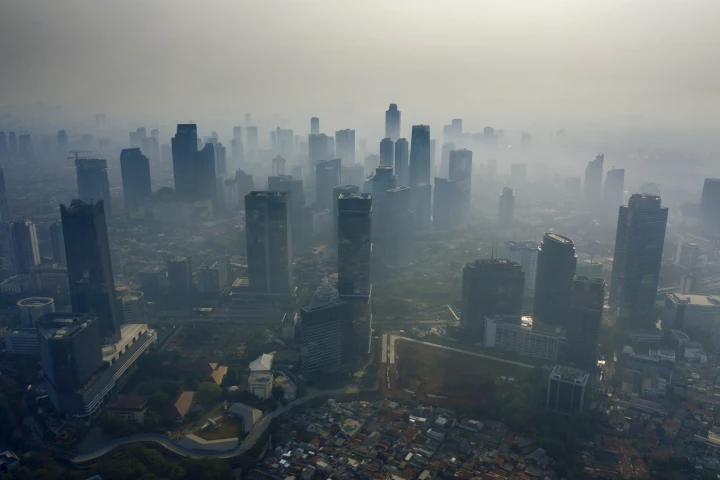Emissions
-
Once famous for building the world's biggest and most powerful engines, Finnish company Wärtsilä is investing heavily in technology to clean up the notoriously difficult heavy marine sector. CEO Håkan Agnevall lays out a roadmap to zero carbon 2050.
-
A new solution from Cambridge University could recycle both concrete and steel at the same time, by throwing old concrete into steel-recycling furnaces. If done using renewable energy, the process could make for completely carbon-zero cement.
-
That's without any modification to the ships themselves, too. The ambitious 'Blue Visby Solution' proposes enormous fuel and emissions savings for cargo ships worldwide, simply by being smarter about speed and timing and eliminating inefficiencies.
-
Despite its many advantages, glass has one major Achilles' heel – it’s brittle. Now, engineers at Penn State have developed LionGlass, a new form that's not only 10 times more damage resistant, but requires significantly less energy to manufacture.
-
If you could zoom way out to look at the universe at its largest scale, you’d see that it’s made up of a colossal cosmic web. Now, astronomers have detected shockwaves moving through this web, providing new insights into large-scale magnetic fields.
-
Following a similar decision in the European Union, the state of California has announced it's phasing out new sales of diesel and gasoline cars by 2035, setting aggressive targets along the way. This move will have dramatic effects across the USA.
-
The global oil industry wastefully burns off about as much natural gas as is used by all of Central and South America – but a new methane binding agent offers a potential way for this greenhouse gas to be converted economically into liquid fuels.
-
Nitrous oxide is a potent greenhouse gas – and now it looks like we may have underestimated how much is being released. A new study has identified the thawing Siberian permafrost as a huge, previously unknown source of nitrous oxide emissions.
-
A new study designed to gauge the scale of pollution in the globe's urban areas has concluded that around half come from just 25 cities, with so-called megacities in China and Japan proving to be particularly potent emitters.
-
The UK government has announced a legally binding commitment to hit a 78 percent emissions reduction target by 2035, as compared to 1990 levels, on the way to net zero emissions by 2050. For the first time, this target includes aviation and shipping.
-
Scientists observed some notable declines in carbon dioxide emissions due to coronavirus lockdowns this year, however, a new report reveals concentrations of the greenhouse gas in the atmosphere are continuing to soar to record levels anyway.
-
A new Yale study suggests that asphalt, so ubiquitous in our modern cities, continues to release a wide range of chemicals into the air long after it's laid down – and it gets up to three times worse on hot days.
Load More
